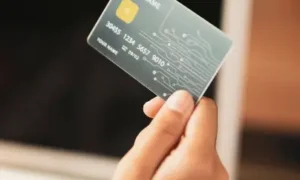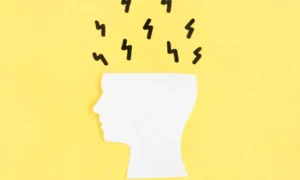Facing debt can be a monumental challenge, but with discipline, well-defined strategies, and some essential skills, it’s possible to work toward financial freedom. Not everyone who enters debt knows how to escape it, often due to a lack of financial knowledge and preparedness. Here, we’ll explore the main aspects you need to understand and master to conquer debt and start building a solid financial future.
1. The Importance of Understanding Your Debt
To start, it’s crucial to understand the importance of your debt and the role it plays in your life. Debt can often seem like a purely negative thing, but for many, it serves as a motivator to change spending habits and become more financially responsible. Knowing why your debt exists and how it impacts your day-to-day life helps you take the first step toward dealing with it effectively.
Having debt is common, but staying in debt long-term can be avoided by learning key skills. The first is to break down your financial reality: know exactly how much you owe, to whom, and at what interest rates. Then, categorize your debts by importance and urgency. High-interest debts like credit cards should generally be tackled first, as these accumulate faster and can be the most damaging to your financial well-being.
2. Reducing Your Expenses
One essential step to eliminating debt is cutting down on unnecessary expenses. In many cases, people in debt continue to live a lifestyle that is unsustainable. The goal is to live below your means. Begin by evaluating your spending habits: where can you cut back? Look for areas where even small adjustments can make a big difference.
Creating a monthly budget is a powerful way to identify potential savings. For example, if you frequently eat out, consider preparing meals at home instead. Little adjustments like these help reduce expenses, which frees up more income to be directed toward paying off debt. By scaling back your lifestyle temporarily, you’ll also avoid creating more debt, which is essential to getting out of the cycle.
3. Breaking the Cycle of Accumulating Debt
One of the most challenging aspects of overcoming debt is preventing new debts from piling up. Debt often becomes cyclical; as you pay down one debt, you may incur new expenses, leading to even more debt. This is why it’s crucial to make a habit of not only paying off existing debt but also avoiding unnecessary borrowing. Resist the temptation of using credit cards for non-essential purchases, and focus on building an emergency fund instead.
An emergency fund, even a modest one, can be invaluable. It acts as a safety net to cover unexpected expenses, reducing the need to rely on loans or credit cards. Ideally, aim to set aside a portion of your income each month, however small, for emergencies. Over time, this fund will help shield you from further debt accumulation.
4. Setting Clear Goals and Staying Consistent
Getting out of debt requires a focused and consistent approach. Setting clear financial goals is a key part of this. Rather than merely aiming to be “debt-free,” set specific goals, like paying off a certain amount each month or eliminating one debt account within six months. This type of clear, actionable goal-setting allows you to track your progress and stay motivated.
Consistency is also vital. It’s easy to start with a lot of enthusiasm and determination but lose motivation along the way. Remember that debt reduction is a marathon, not a sprint. Creating and sticking to a repayment schedule, whether weekly, biweekly, or monthly, ensures that you’re making steady progress without feeling overwhelmed.
5. Seeking Professional Advice if Needed
Finally, if you find yourself struggling to make any headway, it may be time to seek professional advice. Financial advisors, credit counselors, or even debt consolidation services can help you create a customized plan for tackling your debt. They can provide insights that may not be immediately obvious, such as better debt management strategies, ways to consolidate loans, or government programs that offer financial relief.
Working with a professional can also provide a new perspective and alleviate some of the stress associated with being in debt. Just remember, it’s crucial to choose a reputable advisor or service to avoid further financial strain.
Conclusion
Getting out of debt isn’t easy, but it is entirely possible with the right approach. By understanding your debt, reducing unnecessary expenses, avoiding new debts, setting clear goals, and seeking help if needed, you can take control of your finances and work toward a debt-free future. Remember, financial freedom is not only about eliminating debt but about building a stable, sustainable lifestyle that you can maintain without falling back into old patterns.
Debt can feel like a weight holding you back, but with perseverance and discipline, you can break free and start building a brighter financial future.




















